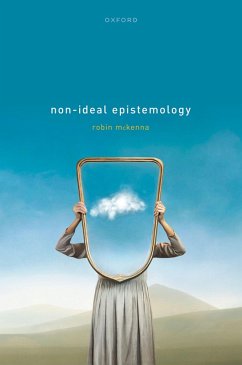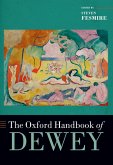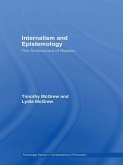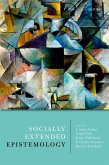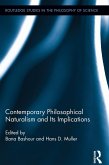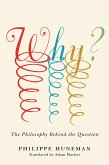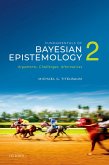Epistemologists often work with idealized pictures of what inquirers are like, how they interact with each other, and the social institutions and environment in which they do the interacting. These idealizations might be appropriate for the more foundational issues in epistemology, such as the theory of knowledge. However they become problematic when epistemologists address applied and practical topics, such as public ignorance about important political and scientific issues, or our obligations and responsibilities as inquirers. A solution to a problem like public ignorance that might work in an ideal world could be disastrous in the real world. Ways of interacting that would yield epistemic benefits in an epistemically just world might not be so beneficial in an epistemically unjust world. Author Robin McKenna argues that, to avoid these problems, we need to make space for non-ideal epistemology-a way of doing epistemology that eschews the idealizations typical in much contemporary epistemology. However Non-Ideal Epistemology is not just an exercise in philosophical methodology. McKenna also develops distinctive approaches to a range of important topics in applied and social epistemology, such as what to do about science denial, whether we should try to be intellectually autonomous, and what our obligations are to other inquirers. The result is an illustration of why we need non-ideal epistemology and what it can do for us.
Dieser Download kann aus rechtlichen Gründen nur mit Rechnungsadresse in A, B, BG, CY, CZ, D, DK, EW, E, FIN, F, GR, HR, H, IRL, I, LT, L, LR, M, NL, PL, P, R, S, SLO, SK ausgeliefert werden.

